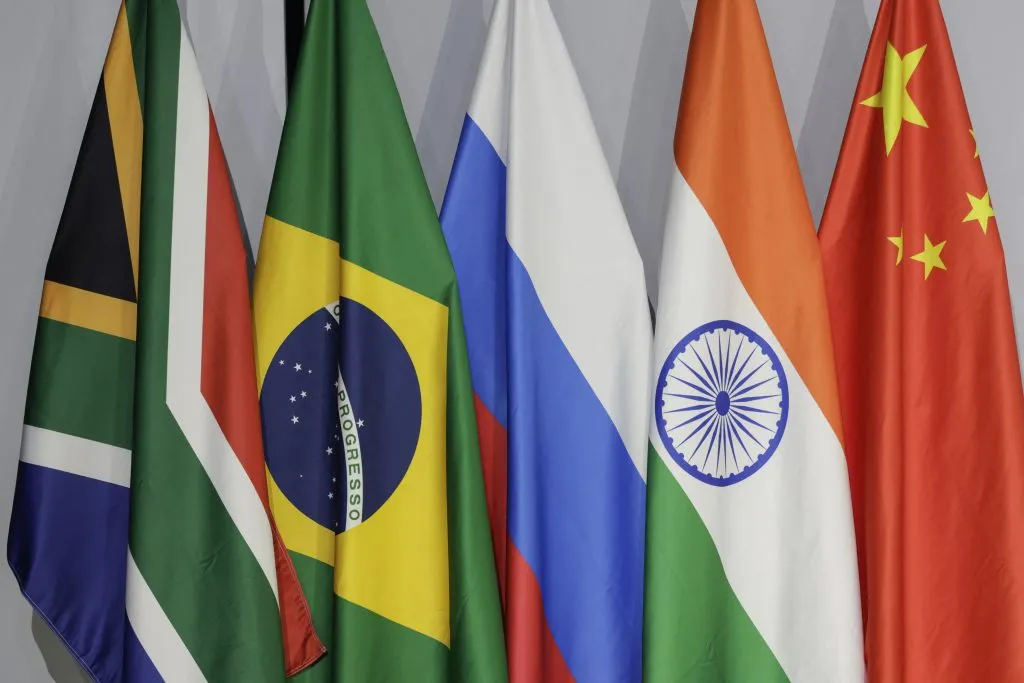
The expansion of the BRICS bloc offers African countries an opportunity to trade value-added and intermediate goods with the world and move away from the trade in raw commodities, according to experts at a BRICS roundtable.
In January, Egypt, Ethiopia, Iran, Saudi Arabia, and the United Arab Emirates joined the emerging markets economic bloc originally comprised of founding members Brazil, Russia, India, China and South Africa.
At a business breakfast hosted by Brand South Africa and the South African chapter of the BRICS Business Council during the African Development Bank (AfDB) annual meetings in Nairobi in May, experts focused on how the expansion of BRICS to include five new countries offers an opportunity to bolster trade and investment in Africa.
The new formation, dubbed BRICS+, accounts for around 40% of crude oil production and exports, one-quarter of global GDP, two-fifths of global trade in goods, and nearly half of the world’s population, according to the Boston Consulting Group (BCG).
Value addition key
Stavros Nicolau, a member of the BRICS Business Council in South Africa, highlighted the opportunities presented by the expansion. Nicolau emphasised that Africa’s trade deficit with both the original BRICS countries – particularly China – and the new additions can be addressed by adding value to raw materials and traded goods.
Mninwa Mahlangu, South Africa’s High Commissioner to Kenya agreed that beneficiation – the process of turning raw materials into finished items – is key if Africa is to benefit from opportunities offered by BRICS+.
He said that the BRICS expansion can work alongside the rollout of the African Continental Free Trade, which aims to boost trade within the continent by removing tariffs and non-tariff barriers.
“Value added goods earn higher export income,” he asserted.
“African economies are small and are overdependent on export of raw materials. AFCTA was envisaged to turn around the situation by enhancing export of value-added goods.”
Professor Vincent Nmehielle, secretary general of the African Development Bank, said that making the most of the new opportunities of the larger BRICS bloc hinges on economic collaboration and prioritising value chains.
“Some of the value chains to focus on are agro-processing to enhance food security, automotive, as well as pharmaceuticals,” he said.
He noted that the energy transition provided a once-in-a-generation opportunity for African countries to partner with BRICS+ to achieve a just and equitable energy transition.
South Africa’s chairing of BRICS in 2023 highlighted the opportunity, introducing the concept of an African Centre of Excellence to collaborate on the transition.
“We need to harness our green minerals as the world turns against Africa’s use of hydrocarbons,” he told delegates.
Challenge to existing order
While there has been scepticism from the beginning over whether BRICS would evolve into a functioning trading bloc, there is evidence that member countries are drawing closer on trade according to a report from consultants BCG.
“Over the years, these nations have been drawing nearer to each other economically. Trade in goods among BRICS economies has considerably outpaced trade between the BRICS and G7 nations, leading to greater intra-BRICS trade intensity,” the report stated.
Experts say that BRICS+ could challenge existing global institutions, such as the World Bank and the International Monetary Fund, which have historically been dominated by Western countries.
“As more big emerging markets join the BRICS+ nations, the grouping could give the Global South a greater voice in world affairs and challenge the domination of existing institutions,” BCG, adding that “the bloc is starting to build institutions with important implications for energy trade, international finance, supply chains, and technological research.”
One such institution, launched to provide finance to member states as an alternative to the traditional multilateral banks, is the New Development Bank (NDB), popularly known as the BRICS Bank.
Monale Ratsoma, director general of the NDB’s Africa region centre, told the roundtable in Nairobi that its projects, such as the Highlands Water project between South Africa and Lesotho, are already having an impact in BRICS member states and beyond. Ratsoma argued that NDB has a wider vision for Africa.
“There is already a framework to fund projects in non-member countries, if there is support for it from a member country,” he explained.
Busi Mabuza, chairperson of the South African BRICS Business Council, welcomed the pledge. and noted that BRICS+ could serve as a platform to capitalise on opportunities for the continent as a whole.
“We would like the NDB, where there is sponsorship by a member country and there’s intra-regional connectivity opportunity, to consider that as a fundable opportunity,” she said.
People-to-people ties
Mabuza noted that people-to-people ties would be crucial in accelerating the expansion and integration of BRIC+ economies.
“People-to-people interaction is a critical enabler to increasing trade,” she told African Business, emphasising that business leaders in South Africa and the wider BRICS+ bloc regularly convene under the auspices of the BRICS Business Council to identify opportunities and find solutions to common challenges.

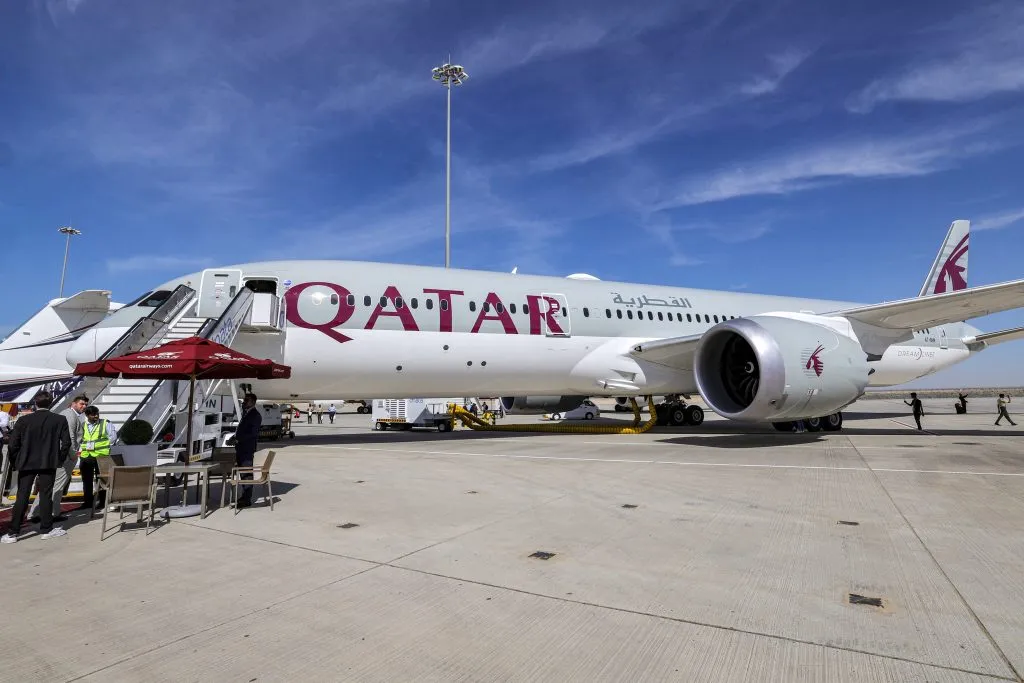
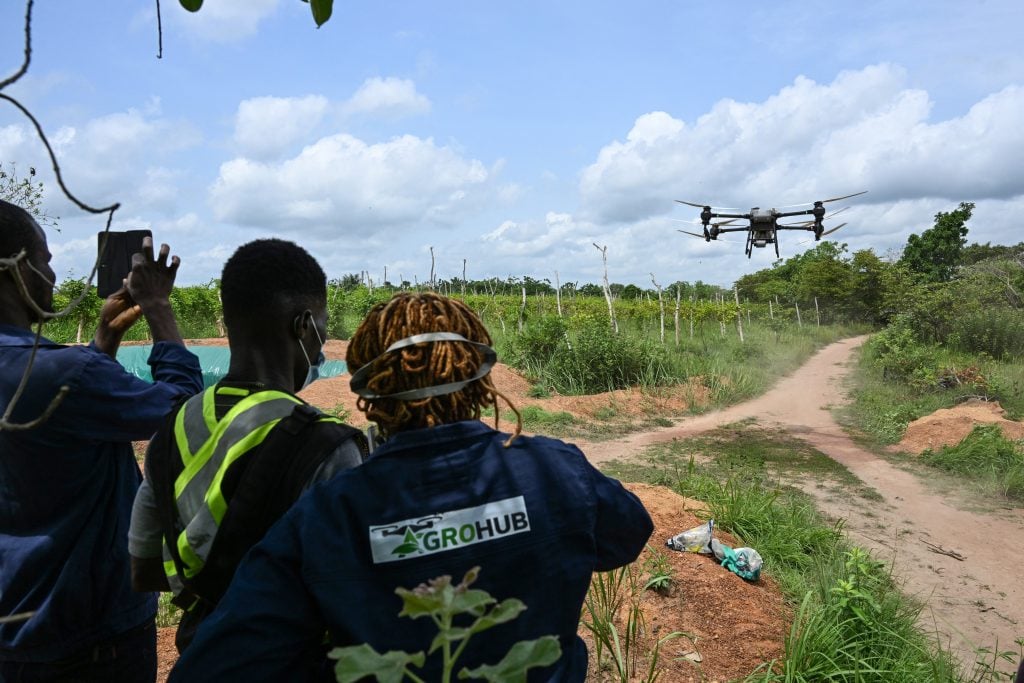
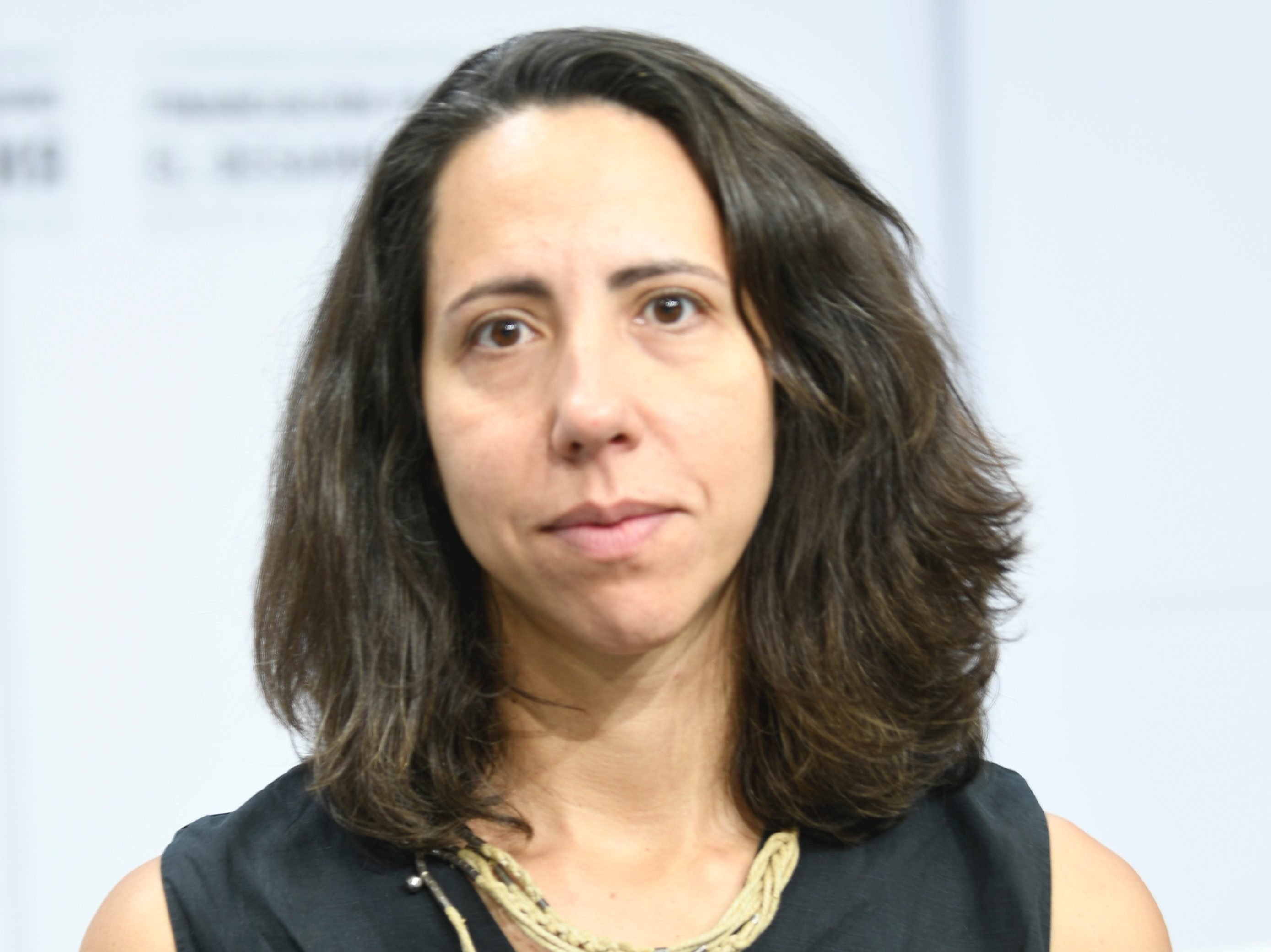
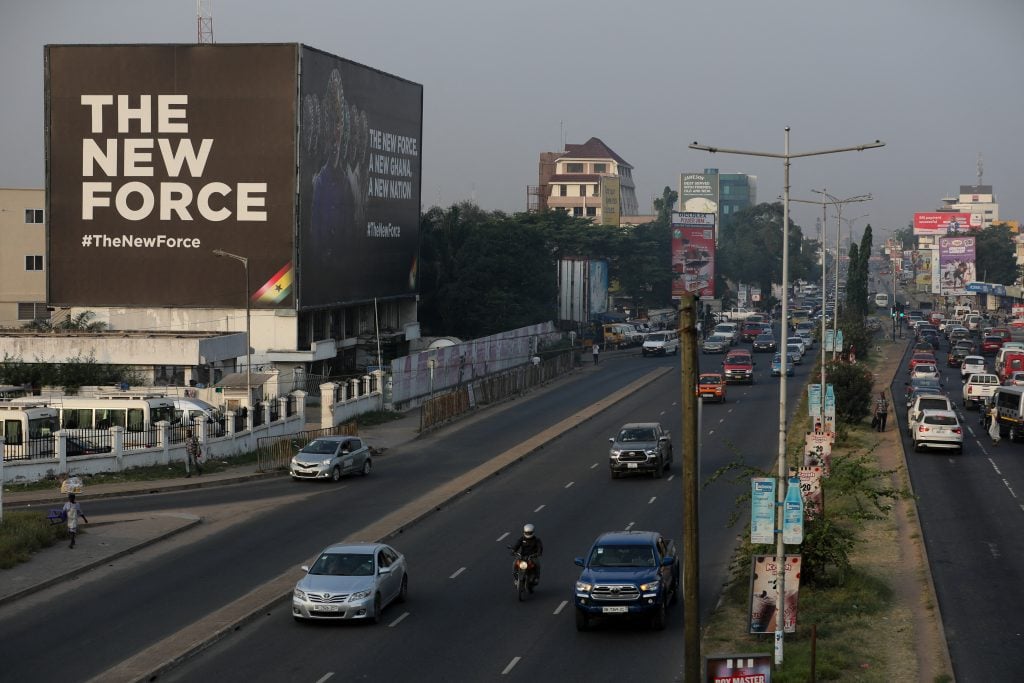

Recent Comments